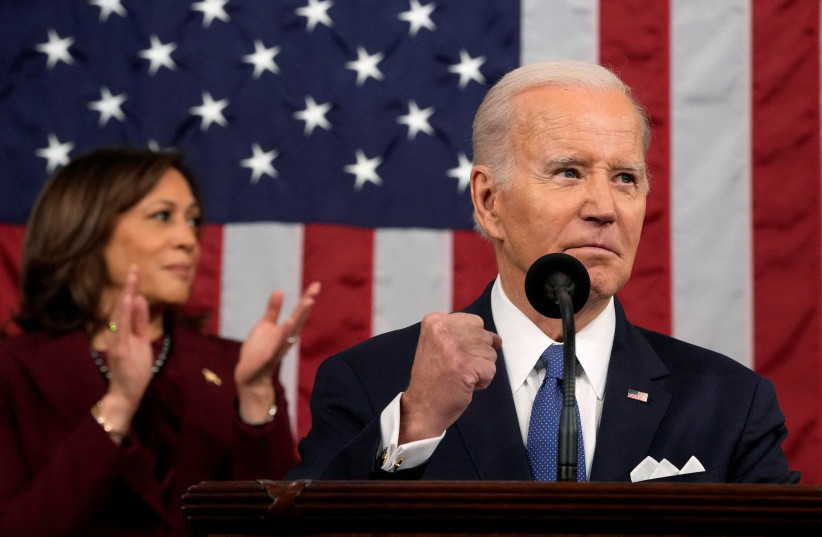US citizens hold deeply pessimistic views on the present and future across a number of fields, including politics but economy, according to a new survey conducted in the last few weeks.
The survey was conducted from March 27 to April 2 by Pew Research Center’s nationally representative American Trends Panel and had 5,079 US adults participating.
Economic prospects in the US
The poll found general pessimism regarding the ability of the country to deal with its problems as well as exceedingly negative outlooks on economic prospects.
Views on the US economy have stayed constant at a very low level since January. Only 19% rated the economic conditions excellent or good, while 46% said they are fair and 35% view conditions as poor. While 46% expect economic conditions to worsen over the next year, just 17% expect improvement - 36% say they will stay about the same as today.
Dependent on economic conditions are the cost of food, consumer goods and housing, which continue to be major concerns for many Americans.

Nearly all respondents said they were at least somewhat concerned about the price of food and consumer goods, with 72% saying they were very concerned. A majority (61%) also expressed a high degree of concern about housing prices, which were a factor in the banking crisis of 2008.
Other economic issues – including the stability of banks and financial institutions – drew lower levels of concern.
Turning to the field of politics, a majority of the American public did not see the country able to solve many major problems, which is a sharp decrease from a year ago.
Then, a majority (57%) said “as Americans, we can always find a way to solve our problems,” while fewer (41%) said the country could not solve many of its important problems.
These numbers have now flipped – more say the country cannot solve problems than say it can. The change has come fairly equally among members of both parties.
Opinions about the president
The general pessimism could be a result of low trust Americans have in the current political leadership.
Just 37% of Americans approve of their president's job performance, while 60% disapprove.
Responses about President Biden’s personal image are contrasting strongly. While 53% of Americans credited him for standing up for his beliefs, only about half as many (27%) saw him as inspiring.
Over four-in-ten described him as caring about the needs of ordinary Americans (46%) and being honest (44%), but far fewer (31%) said the phrase “mentally sharp” described him very or even fairly well.
Republicans showed themselves very dissatisfied with the Biden, giving him low ratings across all personal dimensions on the survey. While large majorities of Democrats gave him high marks on several traits, smaller shares saw him as mentally sharp (56%) and inspiring (49%).
The new US Congress only garnered a 26% rating of favorable opinion. Partisans of both parties now have virtually the same low opinion of Congress (28% of Democrats and Democratic-leaning independents, 26% of Republicans and Republican leaners had a favorable view).
The American public's opinion about the Supreme Court remained unchanged at a three-decade low. About half (48%) views the Supreme Court favorably, while 50% view it unfavorably. These views are largely unchanged since last August, following the court’s controversial rulings on abortion and in other high-profile cases.
The margin of sampling error for the full sample of 5,079 respondents was given as plus or minus 1.7 percentage points.
